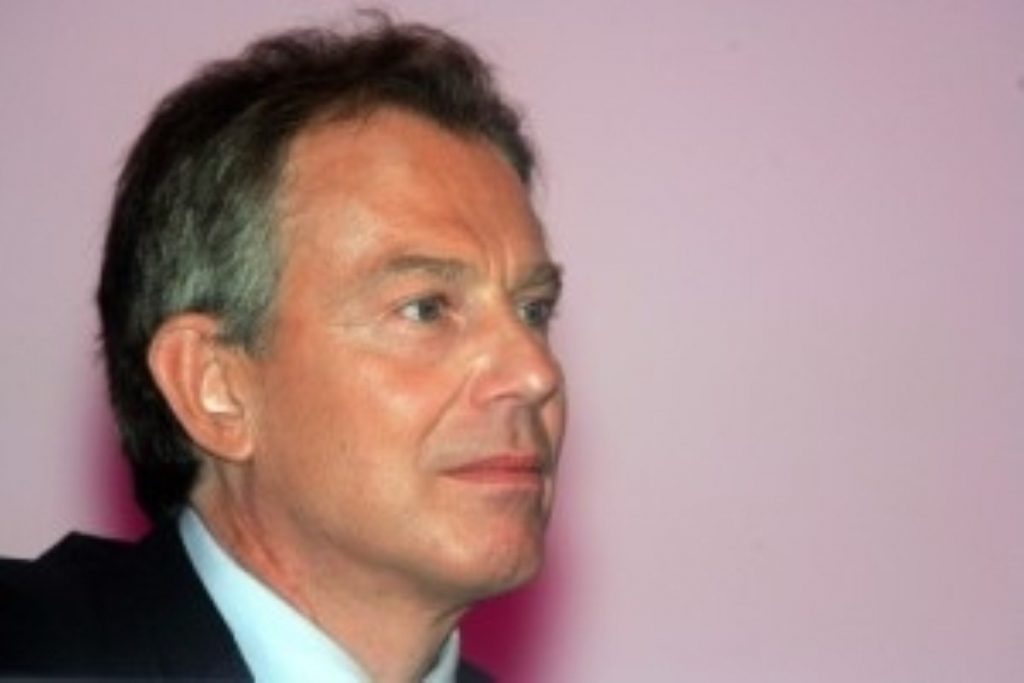Blair speaks out but rebels remain
Tony Blair has finally bowed to the pressure of Labour MPs and confirmed he will resign as prime minister within a year.
Six days ago, he announced he would not be setting a timetable for his departure, but a crisis within the Labour party made keeping this pledge impossible.
Today he announced that the Labour party conference in two weeks’ time would be his last as leader, although he said he would not yet be setting a precise timetable – that “has to be left up to me and has to be done in a proper way”.
His cabinet allies welcomed the statement and called on MPs to get back to running the country. And after weeks of silence, Gordon Brown also publicly gave his support to the prime minister, saying that it was up to him to decide when he left Downing Street.


Speaking to reporters in Glasgow before Mr Blair’s speech, the chancellor said: “I want to make it absolutely clear today that when I met with [the] prime minister yesterday I said to him that it is for him to make the decision.
“And I said to him that I will support him whatever decision he makes.”
Mr Brown had been accused by Blairites of trying to stage a coup by orchestrating yesterday’s rebellion among Labour MPs. One junior minister and seven parliamentary aides quit in protest at the prime minister’s leadership.
But Mr Blair’s announcement failed to calm some Labour rebels – former armed forces minister Doug Henderson, a loyal supporter of the chancellor, issued a statement almost immediately saying Mr Blair’s speech had failed convince him.
“It doesn’t seem to me that the public knows any more about his retirement plans. People keep saying to me that the party must have a clear direction and a new leader before the May 2007 elections,” he said.
Manchester MP Graham Stringer added that if Mr Blair “thought [his speech] was going to take the politics out of the next nine months, that simply is not going to happen”.
However, Northern Ireland secretary Peter Hain insisted it was now time to stop “navel-gazing” and get back to delivering the policy agenda on which Labour had only been elected 15 months ago.
“Both Tony Blair and Gordon Brown are class acts, and I have no doubt that when the time comes next year, the party will choose Gordon to succeed Tony – and it’s right that he should,” he said.
Mr Hain added: “Implementing those policies means an orderly handover, not a chaotic putsch. We were elected on a programme of government, and we owe it to the voters to deliver it, not to engage in prolonged navel-gazing.”
Health secretary Patricia Hewitt also welcomed the comments made by both Mr Blair and Mr Brown, saying it was time for Labour MPs to put behind them the “damaging divisions of the last week” and get on with governing.









